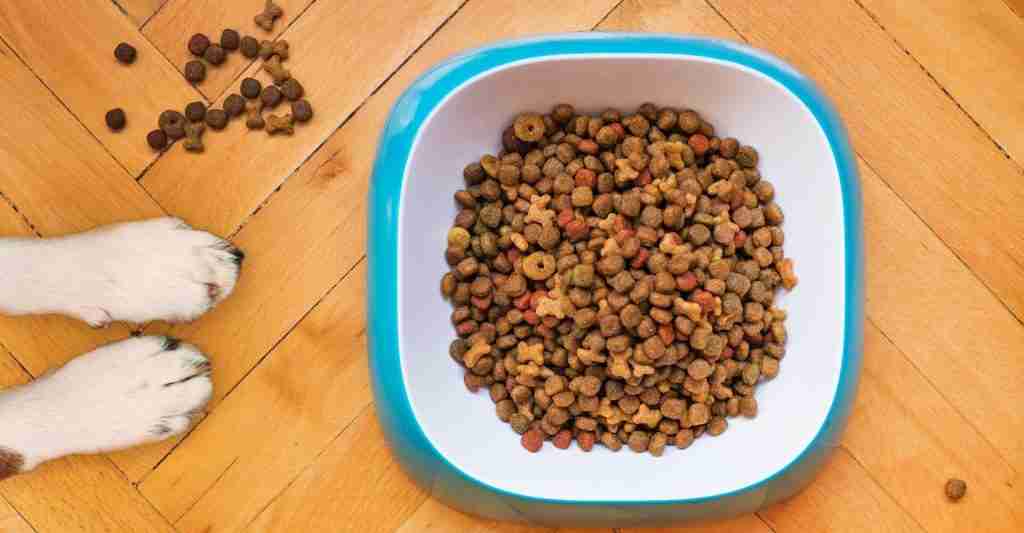As a dog walker, I’ve had the privilege of working with countless loving pet owners and their furry friends. However, I’ve also come across some concerning situations that highlight the importance of understanding what we’re feeding our canine companions.
In this blog post, I’ll share an experience where I discovered questionable food items at a client’s home and discuss the importance of knowing what goes into your dog’s diet.
A Surprising Discovery: Strange Foods and Unpronounceable Ingredients
One day, while visiting a client’s home to walk their beloved pooch, I was shocked to find open cans of dog food in the refrigerator, along with strange soft food in plastic bags filled with words I couldn’t pronounce (chemical preservatives).
Additionally, I noticed that some of the ingredients listed on these products were meat byproducts, which left me wondering what exactly those were.
As someone who believes in providing the best possible care for our dogs, especially given their short lives, this discovery was alarming. It prompted me to dive deeper into understanding dog nutrition and the potential dangers of feeding pets low-quality or harmful ingredients.
The Truth About Meat Byproducts and Chemical Preservatives
Meat byproducts are essentially what’s left after the primary cuts of meat have been removed. They can include organs, bones, beaks, and other parts that are generally considered unfit for human consumption. While some byproducts can provide essential nutrients for dogs, the quality and source of these ingredients are often questionable. Therefore, it’s crucial to choose dog foods that contain high-quality protein sources, such as whole meats or clearly identified meat meals.
Chemical preservatives, on the other hand, are used to prolong the shelf life of pet foods. Some common examples include BHA, BHT, and ethoxyquin. These chemicals have been linked to potential health risks, such as allergic reactions, organ damage, and even cancer. As pet owners, it’s essential to avoid dog foods containing these harmful additives.

Tips for Choosing the Right Food for Your Dog
To ensure your dog receives a safe and nutritious diet, consider the following tips:
- Read the Labels: Always read the ingredient list on any dog food or treat you purchase. Look for products with clearly identified protein sources, whole grains, and natural preservatives like tocopherols (vitamin E) or ascorbic acid (vitamin C).
- Avoid Artificial Additives: Steer clear of dog foods containing artificial colors, flavors, or chemical preservatives. These additives can potentially harm your dog in the long run.
- Do Your Research: Learn about different dog food brands and their reputation for quality and safety. Consult online resources, veterinarian recommendations, and other pet owners to make an informed decision.
- Consider Homemade Meals: If you’re concerned about the quality of commercial dog foods, you might want to explore making homemade meals for your dog. This way, you have complete control over the ingredients and can tailor the diet to your dog’s specific needs. Just be sure to consult your veterinarian for guidance on creating a balanced and nutritious meal plan.
Remember, our dogs depend on us to provide them with the best possible care. By taking the time to understand what goes into their food and making informed choices, we can help ensure they live happy, healthy lives by our side.

